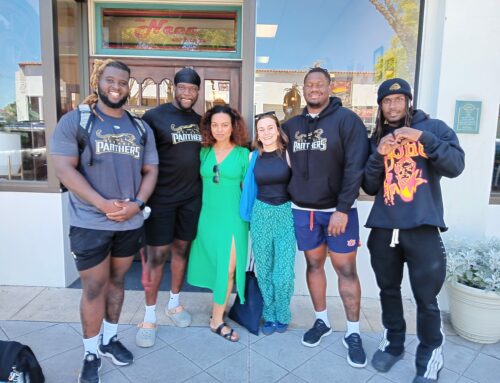Published in the April 29 – May 12, 2015 issue of Morgan Hill Life
By Gino Borgioli
I would like to set the record straight regarding your April 1 article, understanding the Brown Act.
First, I would suggest that you read the book titled “The Brown Act,” Editor Keith Bray, General Counsel, CSBA, which explains the purpose of the Brown Act and the conditions one needs to adhere to the Brown Act in order to comply with the law.
The main concerns surrounding the Brown Act is secrecy in government, especially behind closed doors where the public is not in plain view. In other words, when a governing board seeks to conduct business in private, without public notice or input, and out of sight of the public, it is a clear violation of the law. There’s no exemption of the Brown Act that justifies the discussion, deliberation and ultimate vote out of the public view. These are the key concerns of the original Brown act.
The role of a board member specifically states that engaging community is key and vital to the community in which you serve.
The Brown Act does not deter parent engagement. Quite the contrary, it encourages community engagement. The Act requires advance public notice of the date and time of the board meeting and the opportunity for the public to attend; the parent engagement venue was not a board meeting and was clearly identified well in advance as an outreach dialog by a trustee(s).
As long as the trustees in attendance do not have a formal discussion and vote on matters raised by participants at a public meeting, the trustees are allowed to make general comments to the issues raised by participants.
If more than a majority of trustees are in attendance, the trustees must either stop the meeting or ask the trustees to leave. Sometimes this can be difficult especially if uninvited trustees attend the planned event. Had you attended the Engage Morgan Hill venue, you would have seen that several trustees did not speak or comment on any matters raised by participants because of uninvited trustees. The concern raised by the superintendent at a recent board meeting that trustees would hear complaints against district personnel by people who attempt to bypass the formal complaint process is nothing but an invalid smoke screen. Anyone can appear at regular board meetings and publicly complain about a school principal and that in-itself would by-pass the complaint process.
Publicly criticizing an employee is completely different from filing a formal complaint and it is not an evaluation of the person in question but rather a comment by community.
Government Code 54954.3 states ‘the board may not prohibit public criticism of policies, procedures, programs or services of the district office regardless of whether it implicates the performance of one or more of its employees. In short, the board may not regulate speech based on its content. Certain board members at recent board meetings cited frivolous excuses because they do not want trustees in the schools engaging with and interacting with parents, period. The previous board allowed certain board members full access to schools, even letting them conduct programs on school sites.
Parent engagement is essential and just as important; in fact, parent engagement is the foundation of our democracy. The trustee is obligated to two key factions, one and foremost, the students and two to the public who ultimately elected the trustee.
However, the board can comment on the public speaker to refrain from slanderous or defamatory statements but the board, by law, must allow the speaker to continue.
Trustworthy journalism always brings to the table factual firsthand, verifiable information. You were not at the Engage Morgan Hill venue, nor did you ask me for details on what transpired at the venue. The Engage Morgan Hill venue started by setting guidelines such as trustees cannot talk about personnel issues, ongoing negotiations, pending litigation and asking for respect and civility.
Your commentary failed to mention these key facts. Additionally, you did not mention that the venue entitled anyone to attend, including district personnel. The agenda was clear, to engage the public. there wasn’t a violation of the Brown Act, which I believe your commentary implied.
Editor’s note: We allowed Gino Borgioli to respond to our previous story. However, according to two Brown Act experts, what transpired at the Engage MH meeting could be regarded as a possible violation of the Brown Act.







